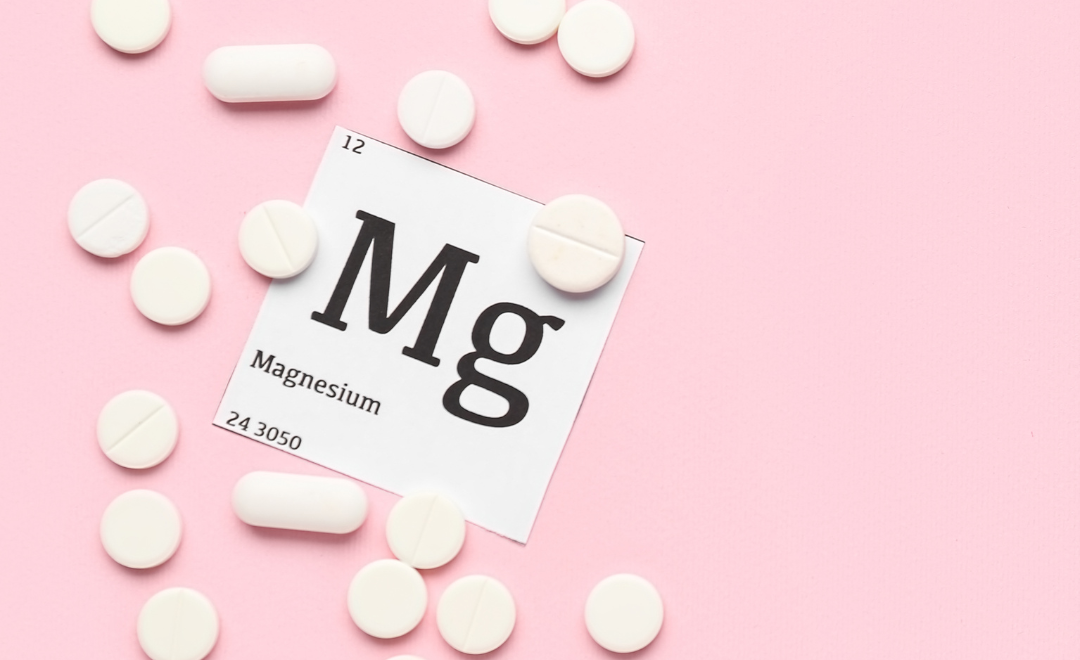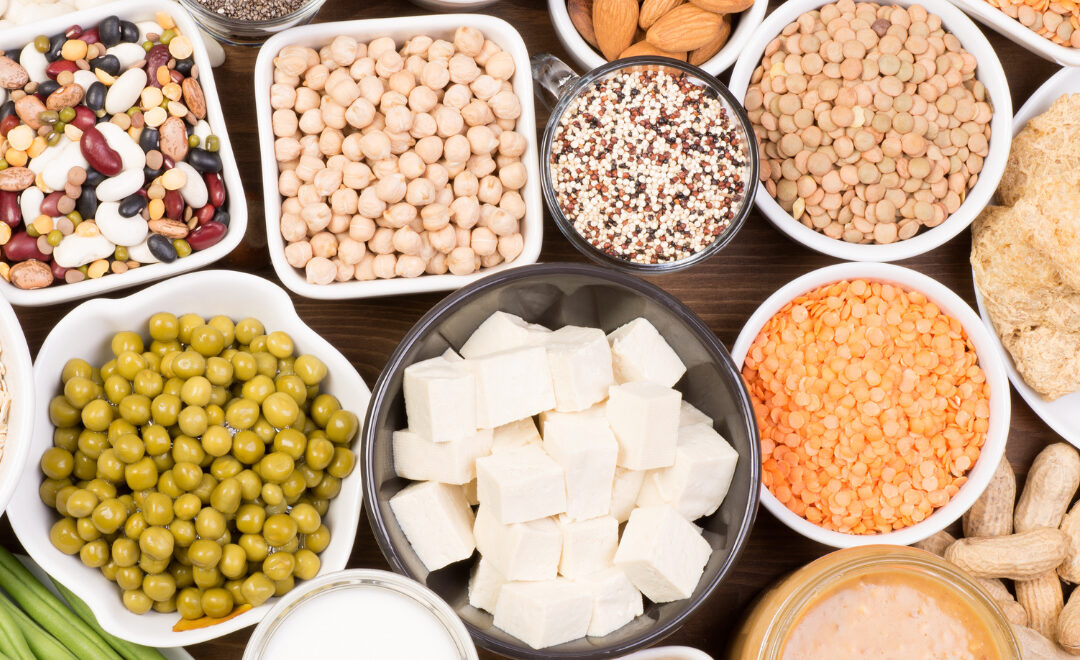Adaptogens have emerged as allies to support our bodies in handling the pressures of everyday life. Among these, the role of adaptogenic mushrooms in holistic health has come to the forefront helping you handle stress better, increase your focus & aid recovery.
Adaptogenic mushrooms also known as medicinal mushrooms, have been used for centuries in traditional medicine, particularly in Asian cultures. These mushrooms are called “adaptogens” because of their unique ability to “adapt” their function according to the specific needs of the body. This can mean augmenting functions that are underperforming or moderating those that are overactive. They tune in to your stress signals and help balance things out, making you feel less frazzled and more on top of your game.
Among the diverse varieties of mushrooms, a few stand out for their distinct benefits:
- Reishi: Known for immune system support and its calming effect on the mind.
- Chaga: Rich in antioxidants, aiding in overall well-being and immunity.
- Cordyceps: Often used for boosting energy levels and enhancing athletic performance.
- Lion’s Mane: Famed for potential cognitive benefits and brain health.
The Benefits Adaptogenic mushrooms specifically offer a boost to our stress-handling abilities and are making their way into a range of products like teas, coffees, snack bars and even beverages like hot cocoa.
Gourmet mushrooms farm, Shroomery’s founder, Sumit Sharan tells us that post covid they started getting more inquiries for things like lion’s mane and reishi mainly because lion’s mane in some clinical studies has proven to be helping with Alzheimer’s.
Overall, apart from tasting pretty good, these mushrooms offer an array of health advantages:
- Immune Support: Many adaptogenic mushrooms, like reishi, shiitake, and turkey tail, are believed to boost the immune system. They contain beta-glucans, a type of polysaccharide, which can modulate the immune system and have anti-inflammatory properties.
- Stress and Fatigue Reduction: Some medicinal mushrooms, such as cordyceps and Reishi, are known for their potential to combat stress and fatigue. They may help the body to adapt to stressors and restore balance.
- Cognitive Health: Lion’s mane is a type of adaptogenic mushroom that has been studied for its effects on cognitive health. Research suggests it may support brain health by stimulating the synthesis of nerve growth factor (NGF), a protein that promotes the growth and normal function of nerve cells.
- Antioxidant Properties: Many mushrooms are rich in antioxidants, which help neutralize harmful free radicals that can cause damage to cells.
- Support for Heart Health: Some studies suggest that certain mushrooms, such as reishi, can support heart health by improving blood circulation and reducing cholesterol levels.
- Blood Sugar Control: Some mushroom varieties, like maitake and reishi, may help manage blood sugar levels, which can be particularly beneficial for individuals with diabetes.
While these potential benefits are promising, it’s important to note that more research is needed, particularly in humans, to better understand the therapeutic potential of adaptogenic mushrooms.
Consumption & Consideration
If you’re looking to incorporate adaptogenic mushrooms into your routine, they can be consumed in various ways including being brewed into teas, incorporated into cooking, or taken as supplements. You can blend powdered mushrooms into hot water for a cosy drink or opt for encapsulated doses for a straightforward approach, depending on what works with you. The dosage varies according to the form, and the right amount is a personal puzzle that you’ll have to experiment with As always, start with a small dose & work your way up. Extracts, usually more potent, call for smaller quantities compared to the whole dried mushroom.
When & how much of these mushrooms to take hinges on the species and individual needs. For instance, sipping on reishi in the evening capitalises on its calming effects. But, if low blood pressure is your norm or you’re on pressure meds, giving Reishi a pass is a smart move.
Despite their promising benefits, caution is necessary. Some individuals might experience side effects or interactions, particularly if they have underlying health conditions or are on specific medications. Consulting a healthcare professional before adding adaptogenic mushrooms to the diet is advisable.
Adaptogenic mushrooms offer a natural and holistic approach to managing stress and enhancing overall wellness. While these fungi hold immense potential, it’s vital to integrate them mindfully and moderately into one’s lifestyle.
















































